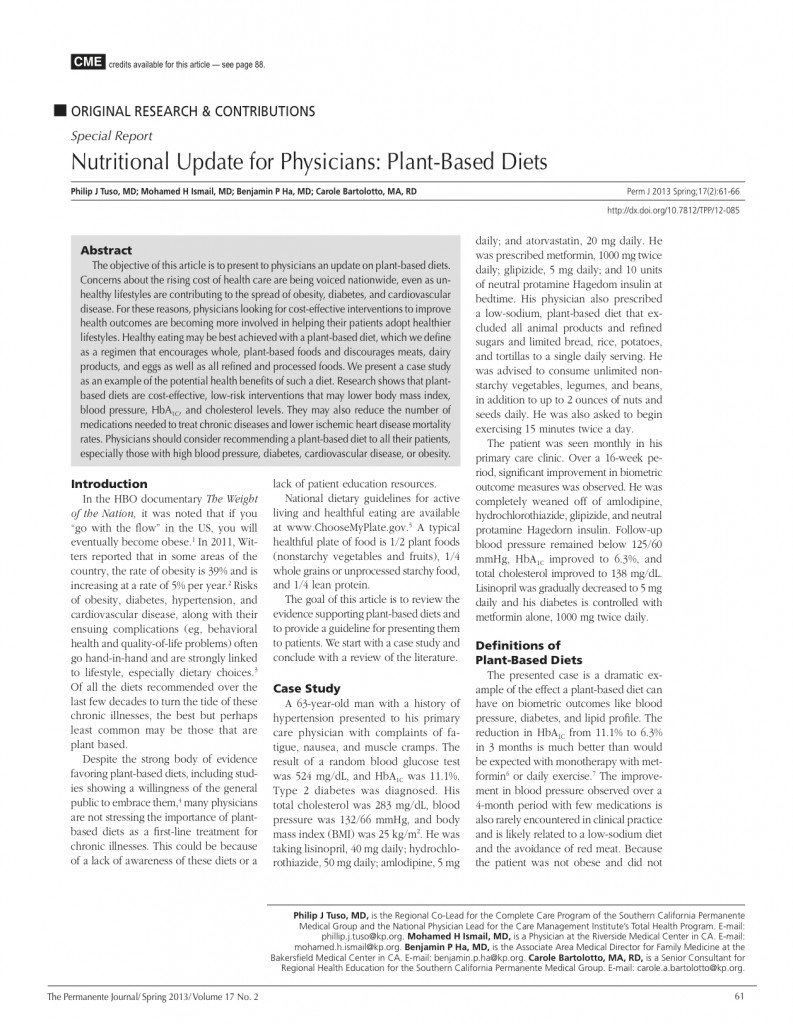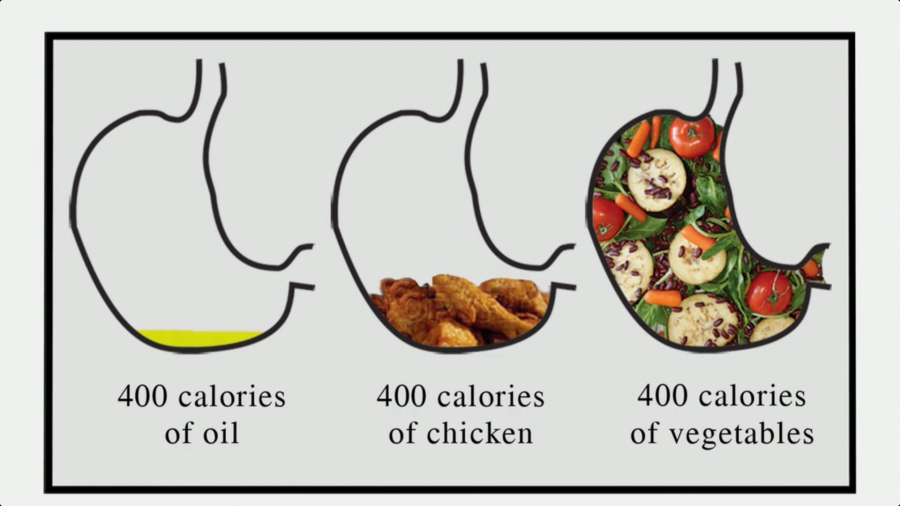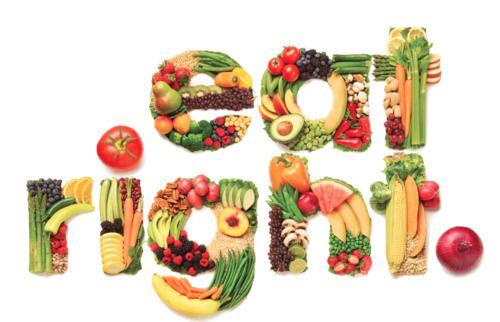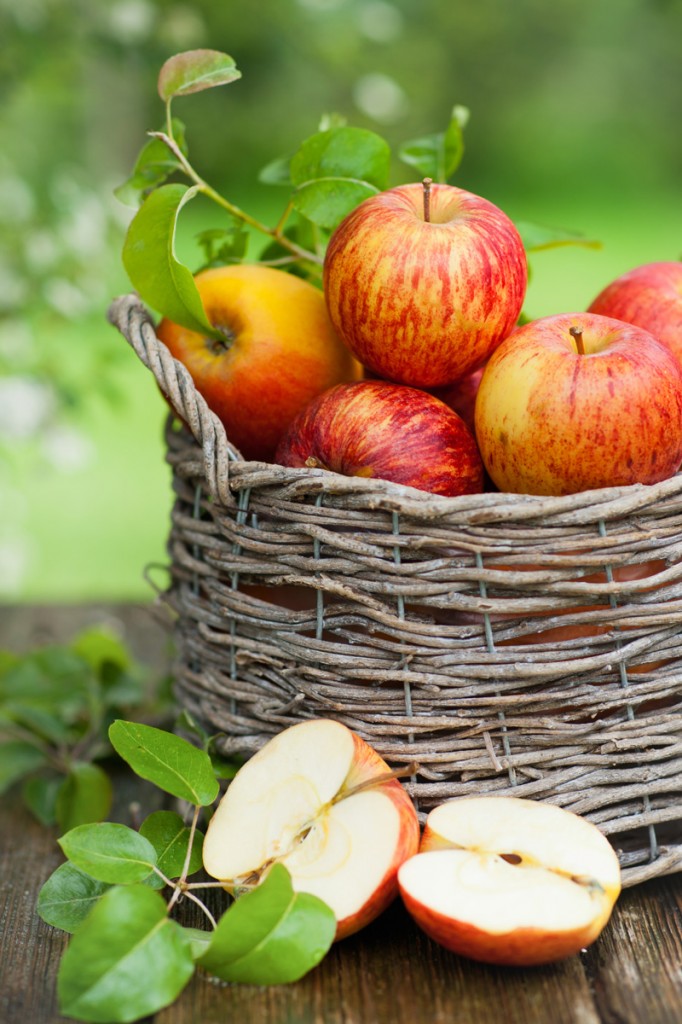In Spring 2013 The Permanente Journal published the special report “Nutritional Update for Physicians: Plant-Based Diets.” I have listed below what I thought were highlights from the report, however, I recommend that you read in full the lay-person-friendly report here.

Nutritional Update for Physicians: Plant-Based Diets
Kaiser Permanente is an integrated managed care consortium, based in Oakland, CA, and is made up of three distinct groups of entities: the Kaiser Foundation Health Plan and its regional operating subsidiaries; Kaiser Foundation Hospitals; and the autonomous regional Permanente Medical Groups. As of 2006, Kaiser Permanente operates in nine states and the District of Columbia, and is the largest managed care organization in the United States.
In this report, the authoring doctors had these points to share:
• Of all the diets recommended over the last few decades to turn the tide of obesity, diabetes, hypertension, and cardiovascular disease, the best but perhaps least common may be those that are plant based.
• A healthy, plant-based diet aims to maximize consumption of nutrient-dense plant foods while minimizing processed foods, oils, and animal foods (including dairy products and eggs). It encourages lots of vegetables (cooked or raw), fruits, beans, peas, lentils, soybeans, seeds, and nuts (in smaller amount) and is generally low fat.
• The goal of our diet should be to improve our health.
• A vegan or vegetarian diet is highly effective for weight loss. Weight loss in vegetarians is not dependent on exercise and occurs at a rate of approximately 1 pound per week.
• A vegan diet causes more calories to be burned after meals, in contrast to nonvegan diets.
• Vegetarians are slimmer than their meat-eating counterparts and consume more magnesium, potassium, iron, thiamin, riboflavin, folate, and vitamins and less total fat.
• There is a positive association between meat consumption and obesity.
• Plant-based diets are low in energy density (high calorie foods) and high in complex carbohydrate, fiber, and water, which may increase satiety and resting energy expenditure.

Calorie Density of Foods
• Vegetarians have approximately half the risk of developing diabetes as non-vegetarians.
• Meat consumption is associated with an increased risk of all-cause mortality and an increase risk of cardiovascular mortality. Low meat intake has been associated with longevity.
• Generally, patients on a plant-based diet are not at risk for protein deficiency.
• Iron-deficiency anemia is rare in individuals who follow a plant-based diet.
• A healthy, plant-based diet requires planning, reading labels, and discipline.
• The major benefits of a plant-based diet are the possibility of reducing the number of medications for chronic conditions, lower body weight, decreased risk of cancer, and a reduction of risk from heart disease.
• The future of health care will involve an evolution toward a paradigm where the prevention and treatment of disease is centered, not on a pill or surgical procedure, but on another serving of fruits and vegetables.

Living Foods Support Life
If you are ready to take your first steps into a plant-based lifestyle, here are my recommendations for a safe, systematic transition:
• My free 8 First Steps to a HAPPY™ Kitchen guide to get the worst ingredients out of your food life
• The 9th HAPPY™ Step free 21 day course to get you eating whole, real food with an emphasis on plant-based eating
• I will be launching The Healers Diet this summer which will walk you through a spiritual transformation through mostly low-fat, raw vegan eating & high energy living. If you’re curious how I eat from day to day, look at my Food Diary here.
Until then, check out these mentors:
• Megan Elizabeth for excellent low-fat, raw vegan recipes & books
• Fully Raw Kristina for more low-fat, raw vegan recipes and videos
• Tyler Tolman for cleansing, fasting and raw food
Remember, the most important concept to embrace completely when embarking on a high-fruit diet is to keep your natural fat intake in check, otherwise you are bound to gain weight (sugar storage). The Problem with Fruit is a post where I break down this issue for you.
And lastly, remember, not all fruit is sweet. If eating a high-fruit diet sounds over-the-top to you, don’t forget about the 8 Most Forgotten Fruity Vegetables.

A Basket of Apples a Day Keeps Dr. Pill Away!

{ 0 comments… add one now }
{ 1 trackback }